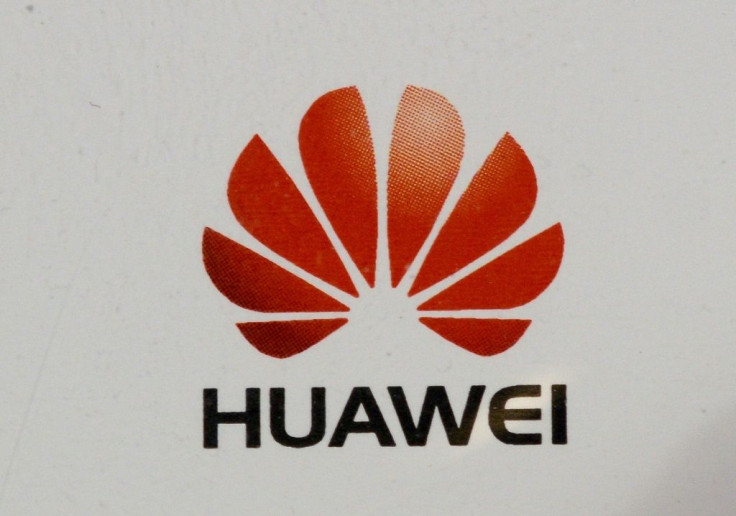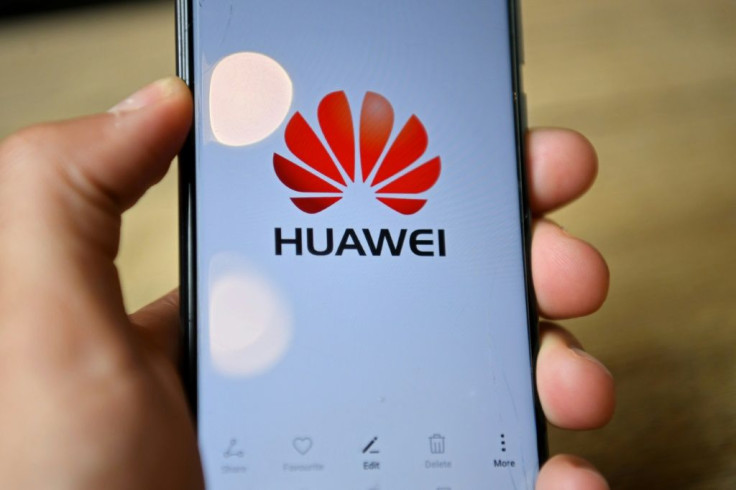Qualcomm Wants Permission To Sell Chips To Huawei, Says $8B Potentially At Stake

KEY POINTS
- Huawei is running out of chips for its devices
- Qualcomm is asking policymakers to amend regulations against Huawei
- Qualcomm warns that billions of dollars in sales could be handed to overseas competitors
Chipmaker Qualcomm is asking the government to change its mind about restrictions effectively prohibiting it from selling silicon to tech giant Huawei. This comes shortly after the Chinese company announced that it is running out of chips for its smartphones.
Qualcomm is lobbying the Trump administration to consider amending the restrictions it has imposed against Huawei, The Wall Street Journal reported. The chipmaker warned that the export ban will not stop Huawei from buying the components it needs to continue making devices.
The Chinese tech giant, Qualcomm said, will find other suppliers for crucial parts. Instead of getting American chipmakers, however, it will make deals with chipmakers from other countries.
The Snapdragon SoC maker asserted that Huawei's move to find foreign suppliers will risk “handing billions of dollars of Huawei sales to the U.S. firm’s overseas competitors.” The amount that Qualcomm could lose to other companies could be as much as $8 billion.
Overseas competitors
In May, the government added new regulations to the existing trade restrictions it imposed against Huawei. The new regulations will block all chipmakers that use U.S.-made equipment or software from producing chips for the Chinese giant, though companies can apply for a license to continue supplying those products.
The regulation resulted in Huawei losing a major silicon supplier, Taiwan Semiconductor Manufacturing Company (TSMC). Previous reports indicated that the Taiwanese company turned down Huawei's orders when the regulations were announced.
Huawei reached out to other silicon manufacturers such as MediaTek, another Taiwanese chipmaker. MediaTek is second only to TSMC in terms of mobile chip production.
Low supply
Richard Yu, president of Huawei's consumer unit, recently said the company is suffering a “very big loss” due to the regulations, adding that it has “no chips and no supply.”
The executive said silicon manufacturers only accepted its orders until May 15, indicating that it didn't have a steady supply of chips for its upcoming devices. As a result, the company will have to “close” production on Sept. 15.
Yu added that the company will not be able to produce new Kirin chips.
“This year may be the last generation of Huawei Kirin high-end chips,” he said.

© Copyright IBTimes 2025. All rights reserved.




















